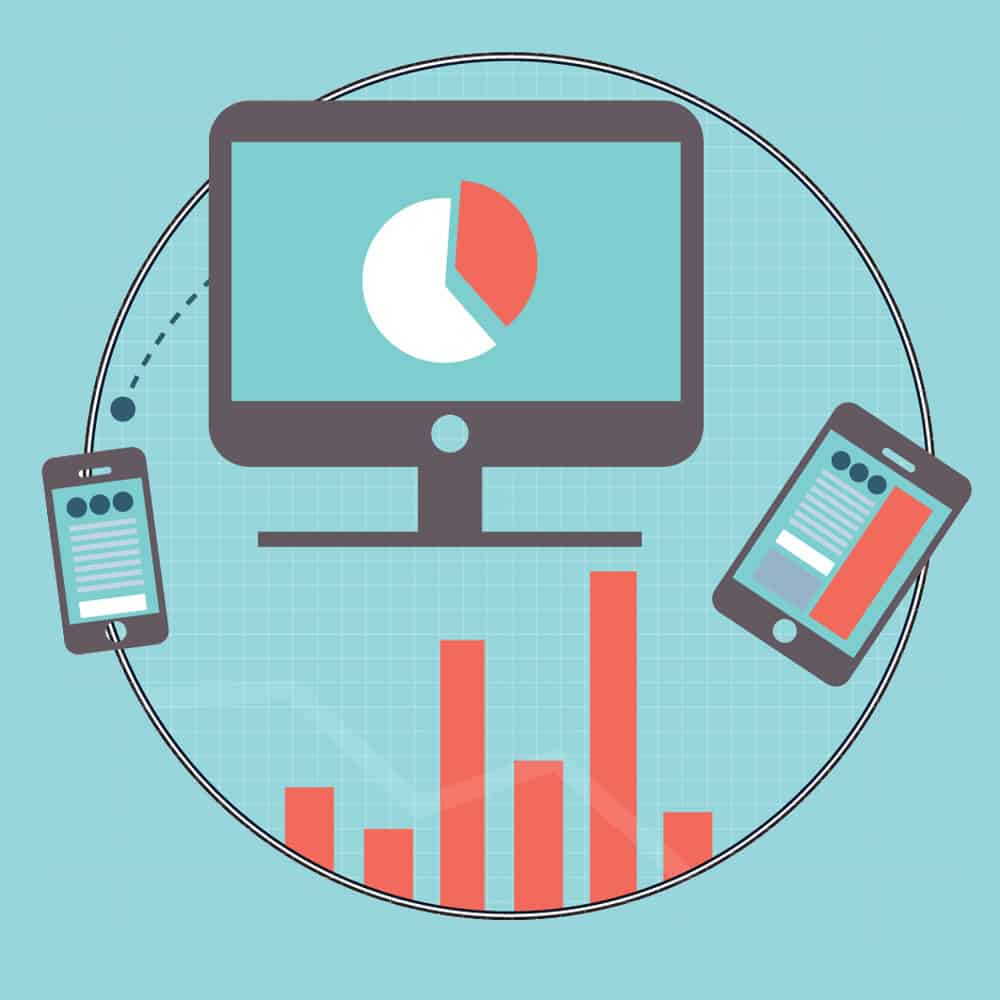By Nada Giuffrida, digital PR consultant, Hallam Internet
A successful and effective digital PR campaign can increase boost conversion rates online and help you achieve your ROI through lead generation for both B2B and B2C customers.
Can content marketing and digital PR really help a small online business?
Here are nine vital digital PR tips to consider on your journey to make your business more successful:
1. Brand awareness
Traditional advertising fees are generally astronomical for any start up or small business. Digital PR, however, is extremely cost-effective in comparison.
Digital PR can help you with reaching out to potential customers, or to those out there who don’t know you yet. It will allow you to create buzz around your brand, your products and create some engaging and interesting content about your industry.
2. Thought leadership and brand expertise
With digital PR you can establish your brand as a leader in your field. Opinion and commentary pieces help with that. This is to make sure that your potential customers, and existing ones, see you as a reliable and trustworthy brand. This is ultimately to build your brands’ reputation.
Create a spokesperson within the business that is prepared to discuss issues, topics and questions surrounding the industry that you work in. You want to come across as though you know everything that there is to know about your market and what you offer.
3. Social media
Apply the same media outreach techniques and creativity from digital PR when working on your social media accounts. You want to engage regularly, not once a month, with your audience. Use images, gifs and videos to enrich the content that you publish online.
4. Media relationship
Thanks to media outreach, digital PR helps your marketing activity by creating good relationships with your key media contacts, influencers and bloggers. You can tap into regional, national, trade or consumer press.
If they receive from you a well-written piece that is also informative (and exclusive to them), you are on to a winner. Your aim is to nurture those relationships so that they become long-lasting. You would want to know that next time the editor is after a piece of content, they will ask you first, and not your competitor.
Consider professional photography as a small investment that you’ll never regret
5. Seasonality
Look at the calendar. Plan ahead. Prepare yourself for big commercial events, like Black Friday and Cyber Monday. Are you going to take part? Are you going to offer something substantial online for your customers to take advantage of? Or maybe it’s Christmas or the summer seasons when your product offering is most popular?
Make sure your online pages represent that: promotional campaigns, sales, discounts, competitions, reader offers and giveaways. You can then promote this content on your social media accounts too.
6. Photography
Invest in good photography. In particular if you are a B2C organisation. In 2016, online consumers are savvier than ever. They can recognise whether the images you use online are royalty free or bought from a third party. Consider professional photography as a small investment that you’ll never regret.
The same applies if you are B2B company; ensure that you have high-quality images. For example, pictures of your team, the work premises, internal office, the list goes on. Remember that if you are selling online, your website is everything: it’s the face of your brand, it’s your shop, your office, your business card and your market place.
7. Start a blog
If you like writing, this should be an easy task.
If not, why not ask somebody you work with who likes writing. This is something that many firms are expected to have nowadays. In other words, a blog is the face and personality of your brand – and consumers out there want to know more about you before purchasing. Keep it simple and easy to read. Remember, good images help with sales too.
Think of a blog as another piece of the marketing puzzle and a part of your company brochures (remember those?).
8. Key messages
With digital PR, you can tailor your own brand messages exactly to what you’d like to say.
This is crucial to any small or new businesses just starting up. So, what would you like your tone of voice to be?
Would you like to be seen as a friendly brand? Or authoritative and informative? Or would you prefer to come across as a corporate, professional adviser? Digital PR allows you to create and develop your own brand personality, thanks to the messages that you choose to apply to each campaign or each social media account you own.
9. Link building
Finally, if you’d like to see your company grow online, this is the most important aspect of digital PR. Link building is crucial to secure high-quality links, generated by hard work PR. Links on external sites help with SEO rankings, pushing your business up the ‘Google ladder’.

Nada Giuffrida
The efforts of digital PR, resulting in links, will make you stand out on a pages and pages of competitors offering a similar product to yours.
Digital PR and content marketing help you to secure links which will directly affect your own site. That means, eventually, your customers will find you easily.
Creating content that is published on trusted websites gives your brand’s SEO rankings a huge boost by creating back-links to your website. Alongside this, back-links lead consumers from your content directly to your website, making the sales process much easier.
Ultimately, digital PR helps with boosting leads and sales. So take advantage of it.
About the blogger
Nada Giuffrida is a digital PR consultant with over 20 years’ experience.
She works at Hallam Internet, an accredited Google partner firm delivering digital marketing campaigns.
Check out Nada on Twitter here.




